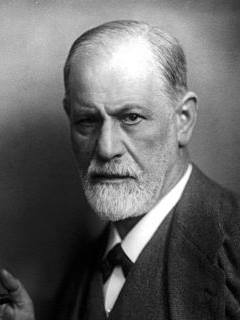

Wish and intentionality
pp. 233-240
in: Waltervon Baeyer, Richard M. Griffith (eds), Conditio humana, Berlin, Springer, 1966Abstract
In attacking the morbid psychological processes involved in "will power" in his Victorian patients, Freud developed his far-reaching emphasis on the "wish."It is not "will," he held, but "wish" that moves us. "Nothing but a wish can set the mental apparatus in motion," he writes. Wish is not only basic in Freud's theory, but is also assumed as the "force" in other more or less deterministic psychological systems as well. In the Hullian type of behaviorism, for one example, "wish" is present as the desire and need to reduce tension, an emphasis surprisingly akin to Freud's definition of pleasure as the reduction of tension.



